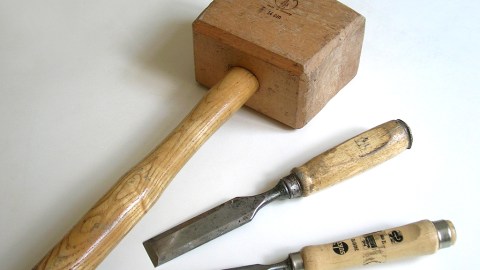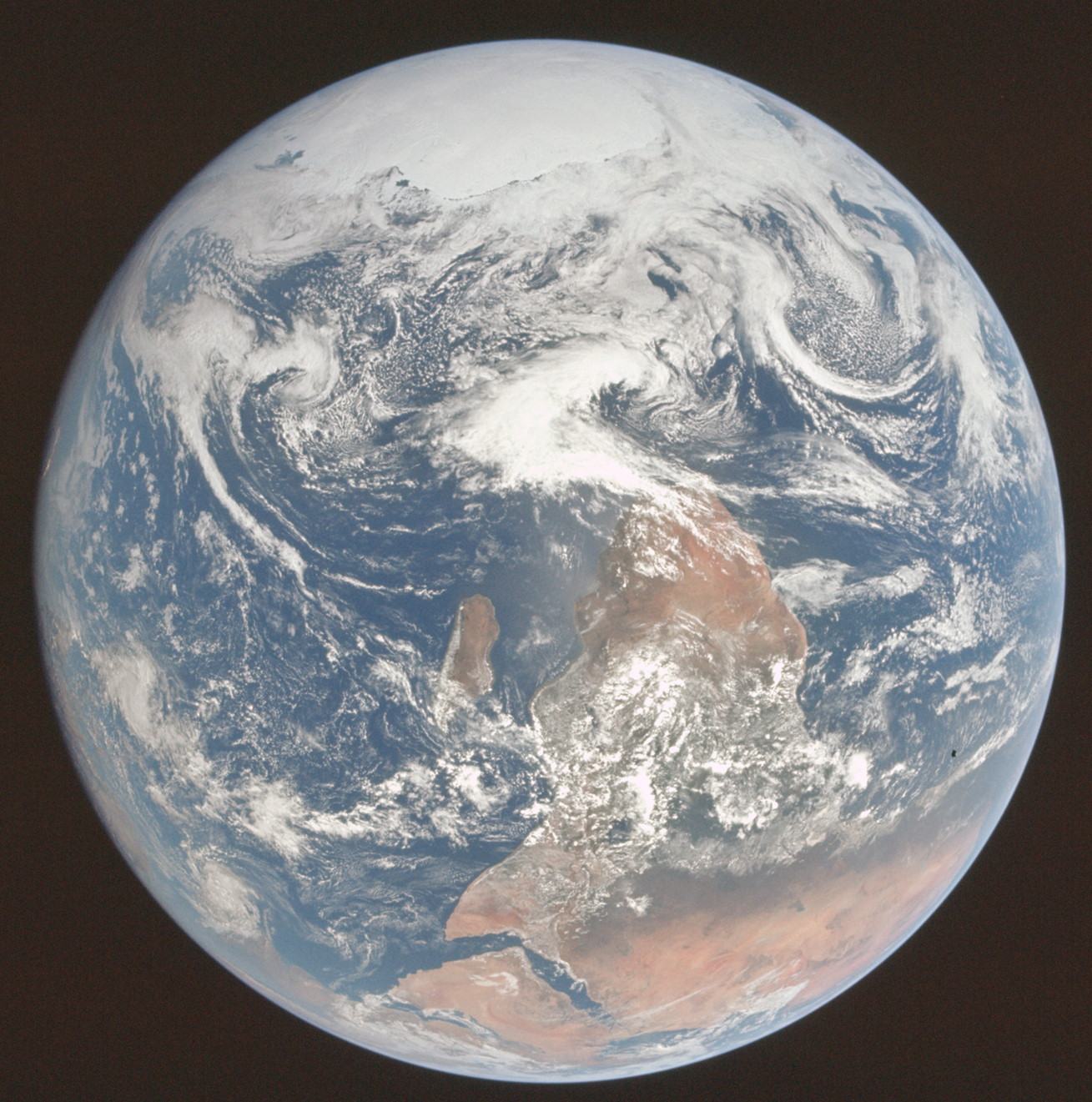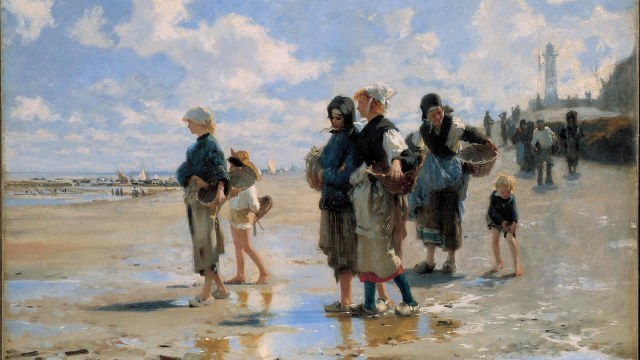Recarving Our Cultural Totem: An Excerpt

Recarving Our Cultural Totem Pole is a book-in-progress. While researching a series a couple of years ago, I came across the customs and rituals surrounding the design, care and feeding of a totem pole that fascinated me to no end. The idea that we as African Americans could actually do the same thing figuratively — that we could borrow the tenets of totem pole carving to retell our story the way it should be told — has roamed around my head ever since.
The book is based loosely around three main questions:
Has our history anchored African Americans so securely to the past that we cannot make any more forward progress?
How do we as African Americans rearrange the mythological constructs that shape how we view others in society?
More importantly, how do we get others, whether they are white, Latino, or Asian, to do the same when they encounter us?
An excerpt from the introduction to Recarving Our Cultural Totem Pole:
The respect African Americans are looking for, the status we desire in American society, the accomplishments and achievements we long to accumulate in the same manner as our paler brethren — all of this can be obtained. This psychological hunger we have to be wholly recognized by all of society as full participants in all things American, combined with a nationwide hot flash among African Americans over the election of Barack Obama to the presidency, brings us to the most unique moment in the history of black Americans in this country, where a little inspiration can finally band together with a whole lot of perspiration and preparation to elevate all of our lives.
Some of us are almost there already. Our friends may be multicultural. Our educations may have been obtained from the best schools in the land. But this is not the mass of black Americans. Too many of us are still struggling to connect intimately with other cultures. Too many of us roll our eyes at the thought of higher learning. Too many of us are bound more from within than without, more from our own narrow worldviews than how the world now views us.
The boundaries of being black are hard and fast for a certain segment of the African American community — they cannot possibly be authentically black, they opine, if they don’t remember to eat a plate of neck bones from time to time, or relish the thought of a fresh pot of collard greens simmering in fatback. I myself am routinely admonished by these self proclaimed “authentic” blacks when I confess that I do not like cornbread.
This is a stubborn subset of the black community that wants to have their cornbread and eat it too. But if they are honest with themselves, they have to admit that all white skinned people do not enjoy all the attendant privileges of whiteness. Southern rednecks, Appalachian hillbillies, Midwestern hicks — they face a level of ostracism that is almost equal to what some of us encounter because we have our hair braided, or because we wear hip hop clothing, or sport rows of gold capped teeth.
Any effort I’ve ever seen to bridge America’s interracial gap or our own intraracial divide among African Americans always seems to have a conciliatory bent. The overwhelming desire behind many of these efforts is geared towards reaching some sort of consensus that will be attractive to all parties. But a consensus is usually only the voices you hear. It’s those that don’t speak up, that don’t speak out — to put it bluntly, those who see themselves as irrelevant — who we need to do our homework with at ground level, in their environment, where we can get as close as we can to what this subset of us are really thinking.
America is finally starting to grow up. When all of its citizens can acknowledge our nation’s entire history, and not just the attractive parts; when we all can accept completely the existence of the bizarre and perverse injustices that dominated our pasts; when the entire story of where we came from and how we got to here as a nation is recognized, fully and without restraint – the affirmations we cry out in celebration will ring truer, and the declarations we shout to the rooftops in commemoration shall carry more weight than they ever have before.
Indentured servitude, slavery, segregation, integration — now Black America 5.0 is upon us, but even as it includes all of these things, it is bound by none of them. Collaboration is the last mile, the final steps in this journey to be equally accepted into all aspects of American life. Black America 5.0 will be tricky – there are going to be times, in fact, when you will wonder where you end and the rest of the world begins.





